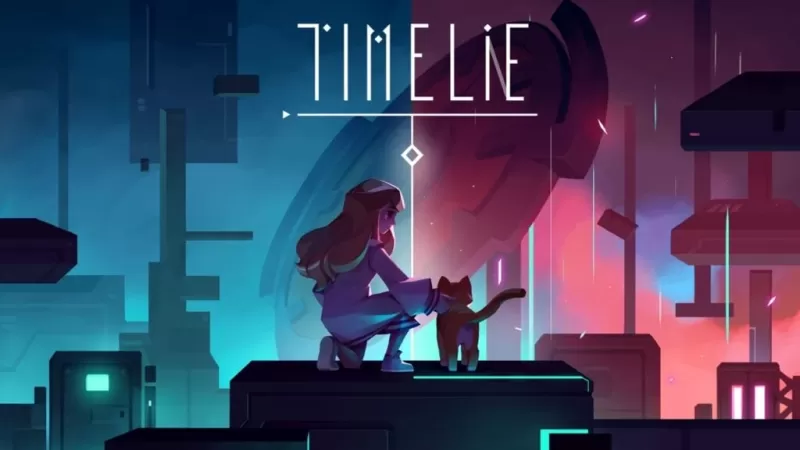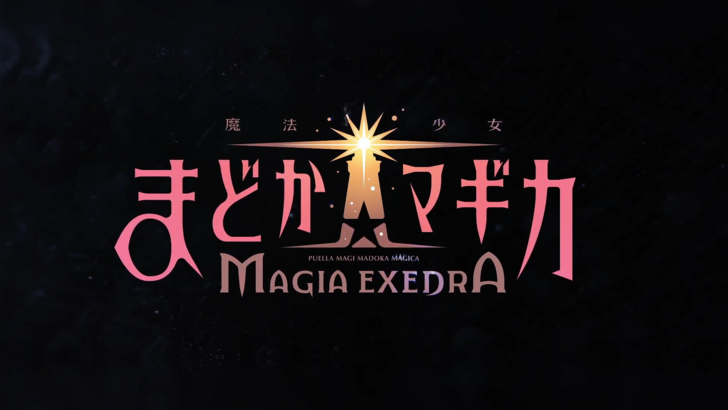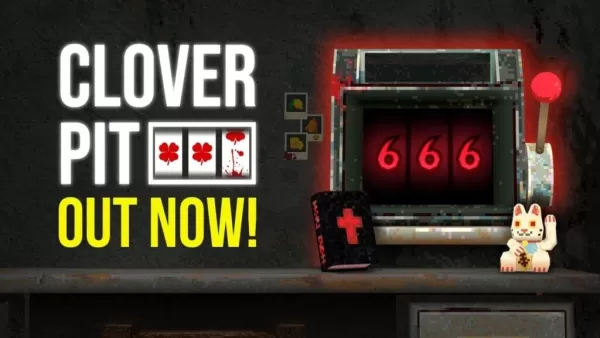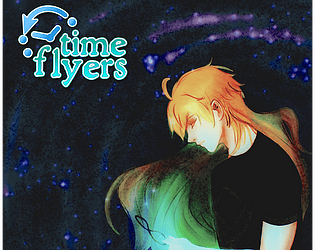
Initially conceived as a radically different game, Diablo 4's development reveals a fascinating behind-the-scenes story. According to Diablo 3 director Josh Mosqueira, the project, codenamed "Hades," was envisioned as a punchier, action-adventure title with a strong roguelike element and permadeath mechanics, heavily inspired by the Batman: Arkham series. This departure from the core Diablo action-RPG formula involved an over-the-shoulder camera perspective and more dynamic combat.
This revelation, sourced from Jason Schreier's book "Play Nice," highlights Mosqueira's ambition to reinvent the Diablo franchise after the perceived shortcomings of Diablo 3. Early concepts, developed by a small team, presented a significantly different gameplay experience. However, the ambitious co-op multiplayer aspects, coupled with the evolving question of whether the game remained true to the Diablo identity, presented significant hurdles. Concerns arose about the departure from established Diablo conventions, prompting internal debate regarding the project's core identity. Ultimately, the team concluded that the roguelike approach risked creating a new IP rather than a Diablo iteration.
Despite initial support for experimentation, a confluence of development challenges led to the abandonment of Project Hades. The resulting Diablo 4, while still action-packed, retained the series' established isometric viewpoint and core gameplay loop. The recently released "Vessel of Hatred" DLC, set in 1336 Sanctuary, offers a glimpse into the current iteration of the game, a far cry from the initially conceived roguelite adventure.































